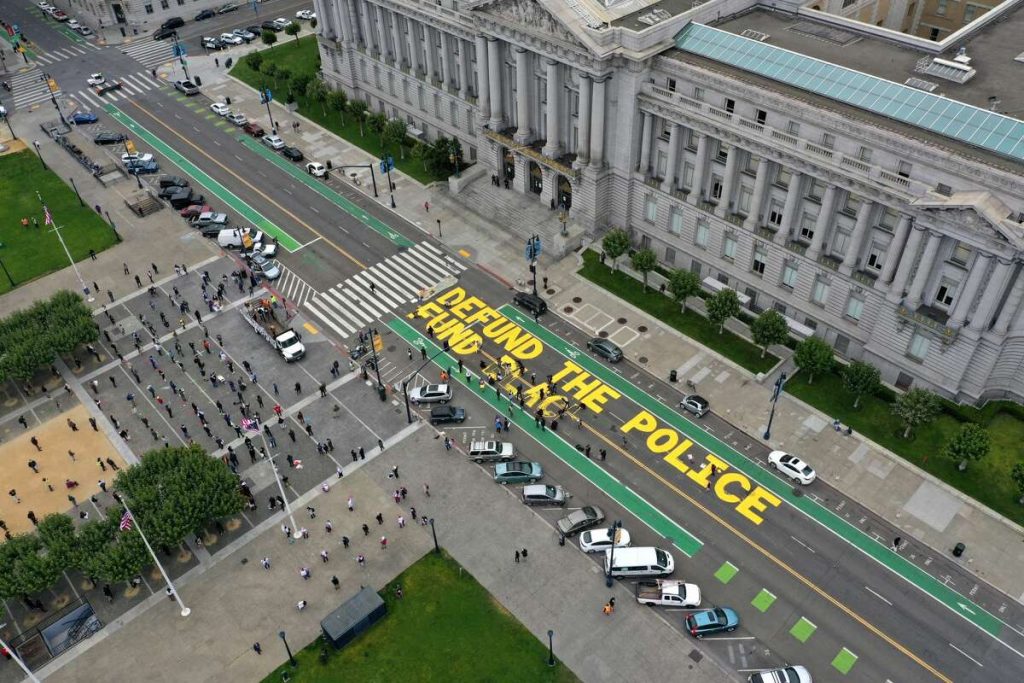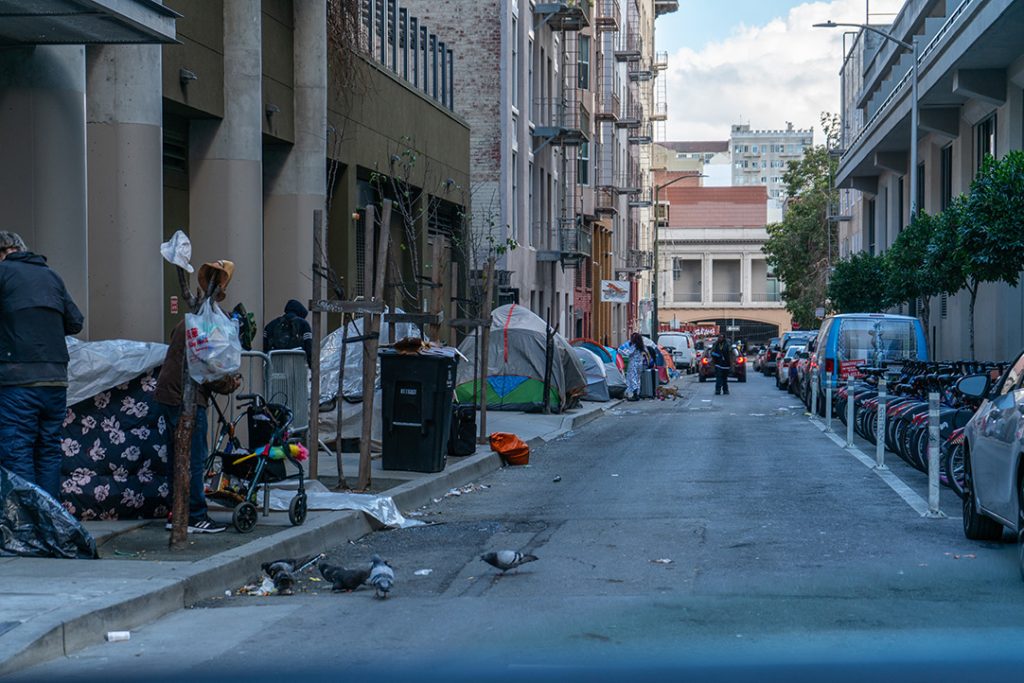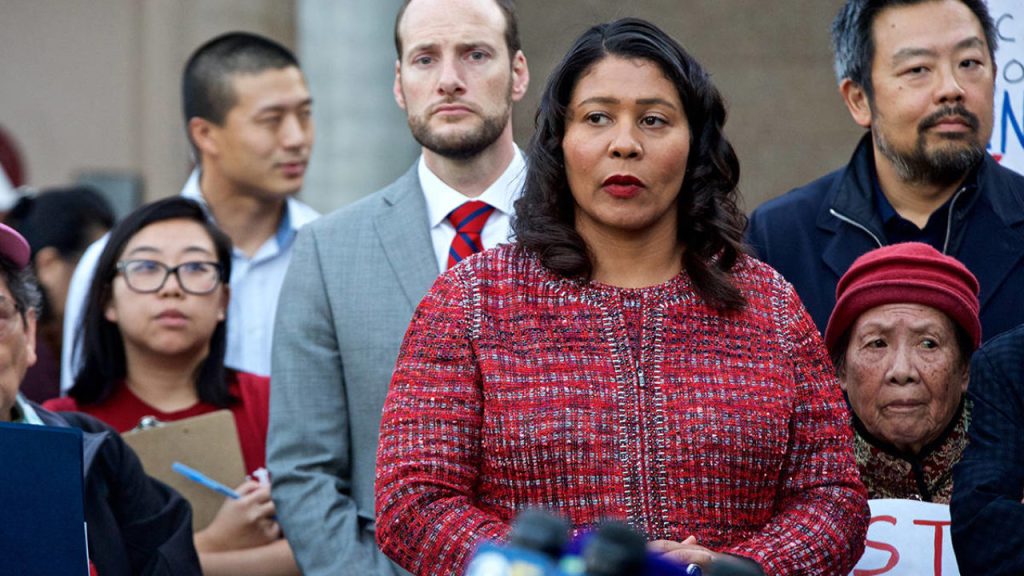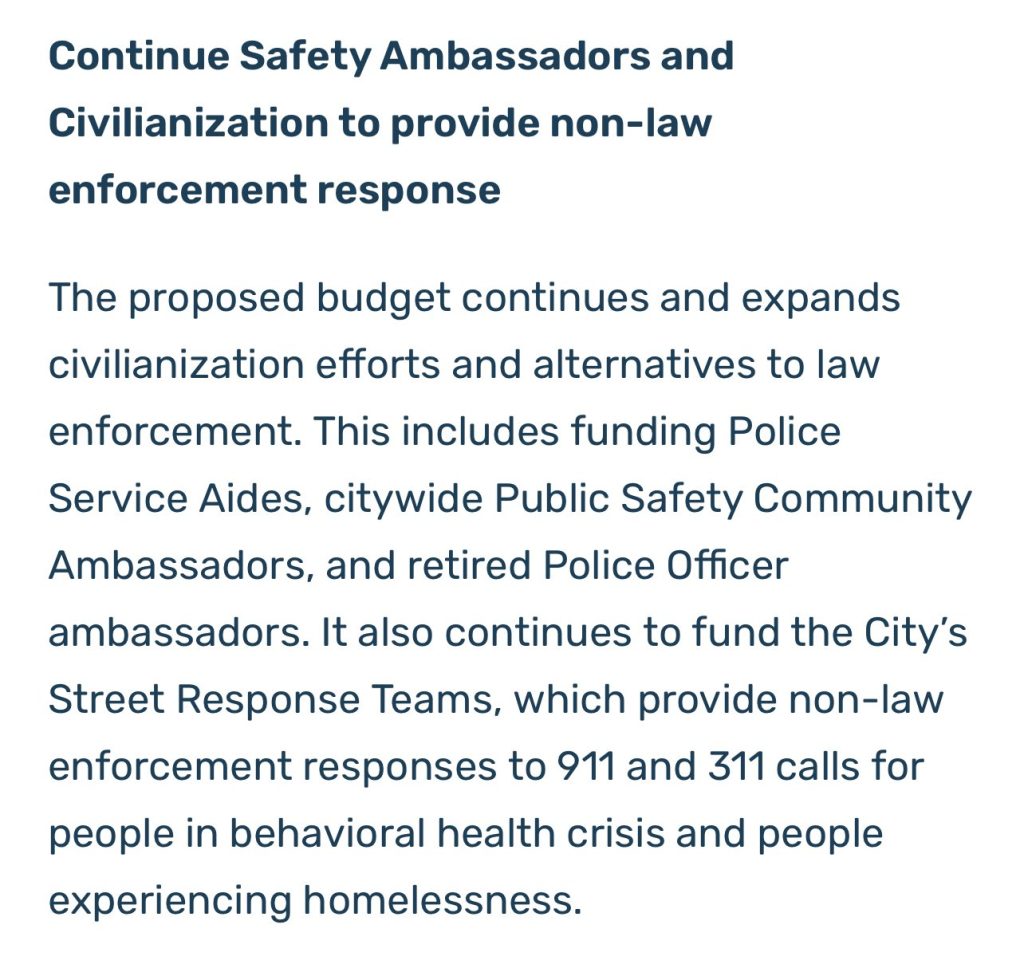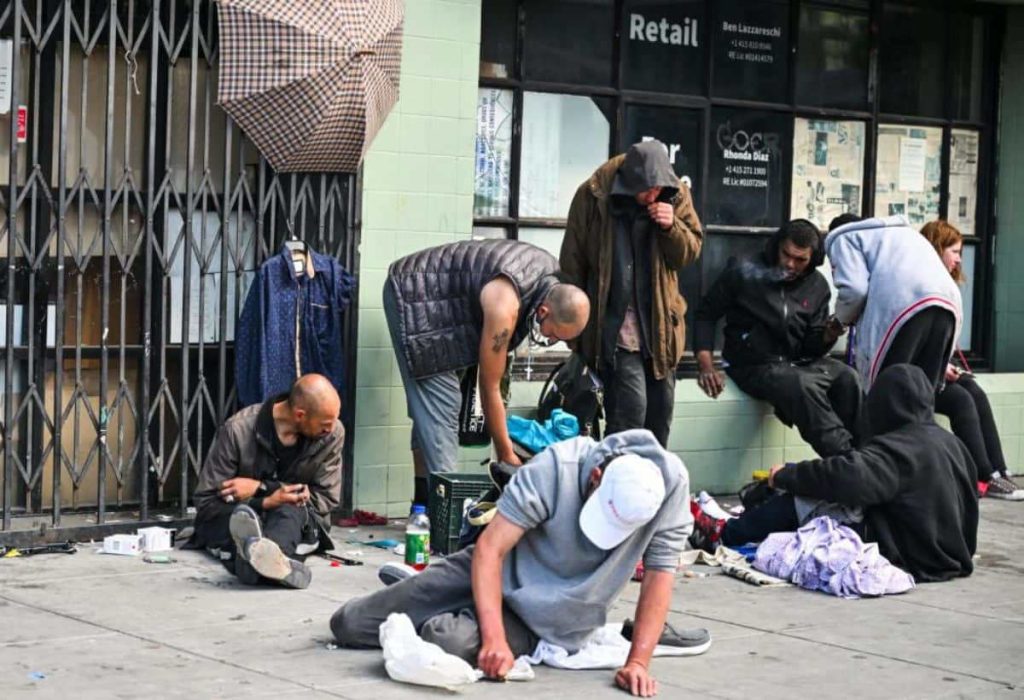 In the competitive landscape of law enforcement, the ability to attract and retain qualified personnel is not just a goal—it’s a necessity. For the San Francisco Sheriff’s Office (SFSO), however, this has become an area of significant failure. The challenges we face are not solely due to external factors or the inherent difficulties of law enforcement recruitment. Instead, much of the problem lies within the SFSO itself, particularly due to the lack of decisive action and strategic use of available resources by its leadership.
In the competitive landscape of law enforcement, the ability to attract and retain qualified personnel is not just a goal—it’s a necessity. For the San Francisco Sheriff’s Office (SFSO), however, this has become an area of significant failure. The challenges we face are not solely due to external factors or the inherent difficulties of law enforcement recruitment. Instead, much of the problem lies within the SFSO itself, particularly due to the lack of decisive action and strategic use of available resources by its leadership.
The Opportunity: Funding for Top Step Salaries
Every year, the City of San Francisco allocates a budget to the SFSO that is designed to fully fund each deputy position at the top pay step. In simple terms, this means that the Sheriff’s Office has the financial backing to offer new hires a higher starting salary than what is currently being offered. This could be a significant advantage in a job market where competitive pay is a major factor in attracting qualified candidates.
However, despite this opportunity, the SFSO continues to start new deputies at Step 1—the lowest possible salary step. This approach not only underutilizes the budget but also puts the SFSO at a disadvantage compared to other law enforcement agencies that offer higher starting salaries. Potential recruits, when faced with the choice between a higher starting salary elsewhere and the lower offer from the SFSO, are understandably choosing the better pay.
The Authority: The Power to Hire at Higher Steps
What makes this situation even more concerning is that Sheriff Miyamoto has the authority to hire new deputies at higher steps—such as Step 2 or higher—especially in circumstances where there is a severe and documented recruiting and retention problem. This isn’t just a policy buried in bureaucratic paperwork; it’s a practical tool designed to help departments like ours overcome recruitment challenges by making the job more attractive to prospective hires.
Currently, the SFSO is experiencing exactly the kind of staffing shortages that this authority was meant to address. Our recruitment efforts have not kept pace with the demand, leading to understaffing that strains our existing deputies and compromises public safety. And yet, despite having both the financial resources and the authority to offer more competitive starting salaries, the Sheriff has not taken this critical step.
Lagging Behind: The Competitive Landscape
To understand how far behind the SFSO is in its recruitment strategy, consider the practices of other law enforcement agencies across California. For instance, the San Francisco Police Department (SFPD), Oakland Police Department, and Alameda County Sheriff’s Office have adopted more flexible and inclusive hiring practices. These agencies accept multiple written examination options, including the POST Entry-Level Law Enforcement Test Battery (PELLETB) and the National Testing Network (NTN) Frontline exams. Additionally, they recognize Basic Police Academy certifications and associate degrees as valid qualifications.
This flexibility allows these agencies to draw from a larger pool of applicants, including those who may have already passed the PELLETB exam or who have pursued higher education. By contrast, the SFSO’s exclusive reliance on the NTN exam as the sole written examination option unnecessarily narrows our applicant pool. We are effectively telling qualified candidates that they need to jump through additional hoops just to be considered for a position, while other agencies are offering a more straightforward and accessible path to employment.
Missed Opportunities: The Consequences of Inaction
The consequences of these missed opportunities are severe. Every unfilled position increases the burden on our current deputies, who are already stretched thin. This not only affects their morale but also their safety and effectiveness in carrying out their duties. Furthermore, the public’s safety is at risk when we do not have enough deputies to adequately patrol our streets, manage our jails, and provide necessary services to the community.
In his public and internal communications, Sheriff Miyamoto has expressed support for eliminating Step 1 pay for certain positions, acknowledging the need to make the SFSO more competitive. However, words without action are meaningless. The Sheriff has yet to implement the necessary changes to take advantage of the budget that already exists and the authority he possesses.
A Call to Action: What Needs to Be Done
It’s time for the SFSO to stop lagging behind and start leading. The funding is there. The authority is there. What’s missing is the will to act. Sheriff Miyamoto must use the resources at his disposal to hire new deputies at competitive rates, starting at Step 2 or higher. Additionally, the SFSO should align its hiring practices with those of other forward-thinking agencies by offering multiple written examination options and recognizing academy certifications and degrees.
The stakes are too high for inaction. The safety of our community, the well-being of our deputies, and the effectiveness of our law enforcement efforts depend on a fully staffed and motivated force. The time for change is now.
The SFSO’s leadership needs to recognize the urgency of our recruitment challenges and take immediate, decisive action. The tools and resources are available—it’s time to use them effectively. By doing so, we can ensure that the San Francisco Sheriff’s Office not only meets the current demands but also sets the standard for law enforcement recruitment and retention in California.


